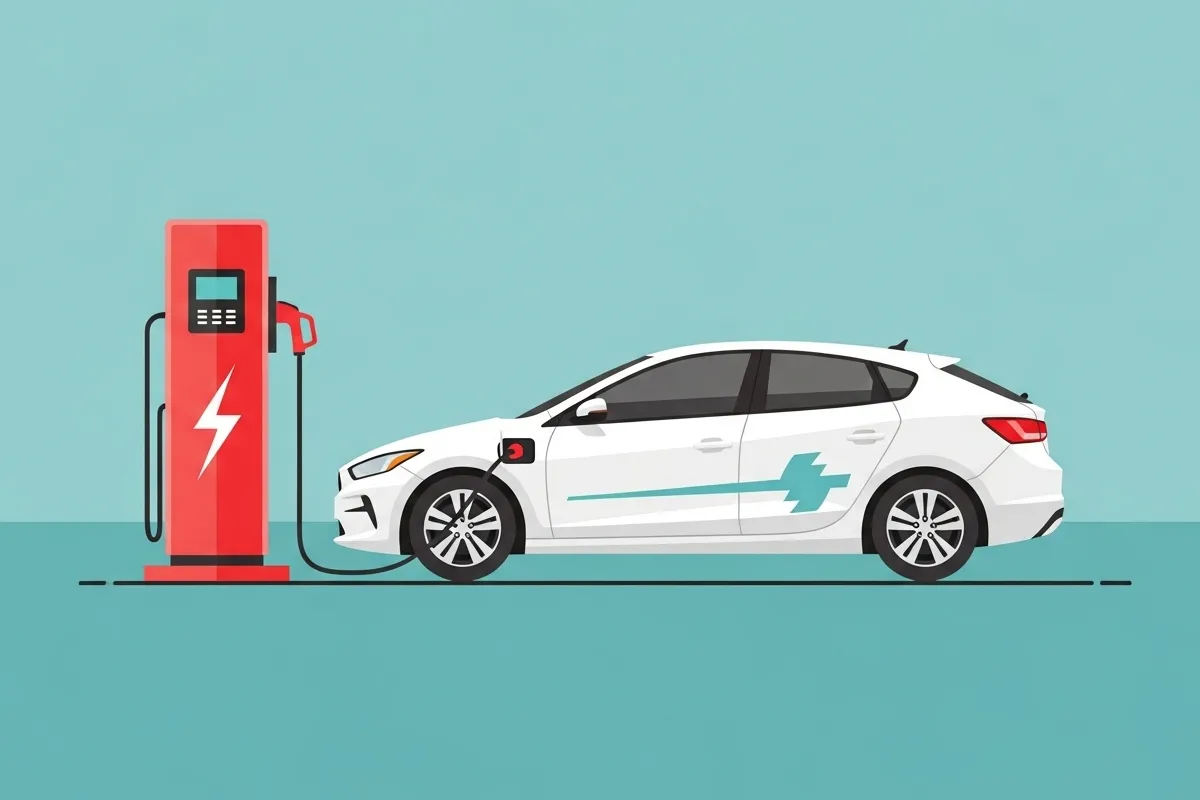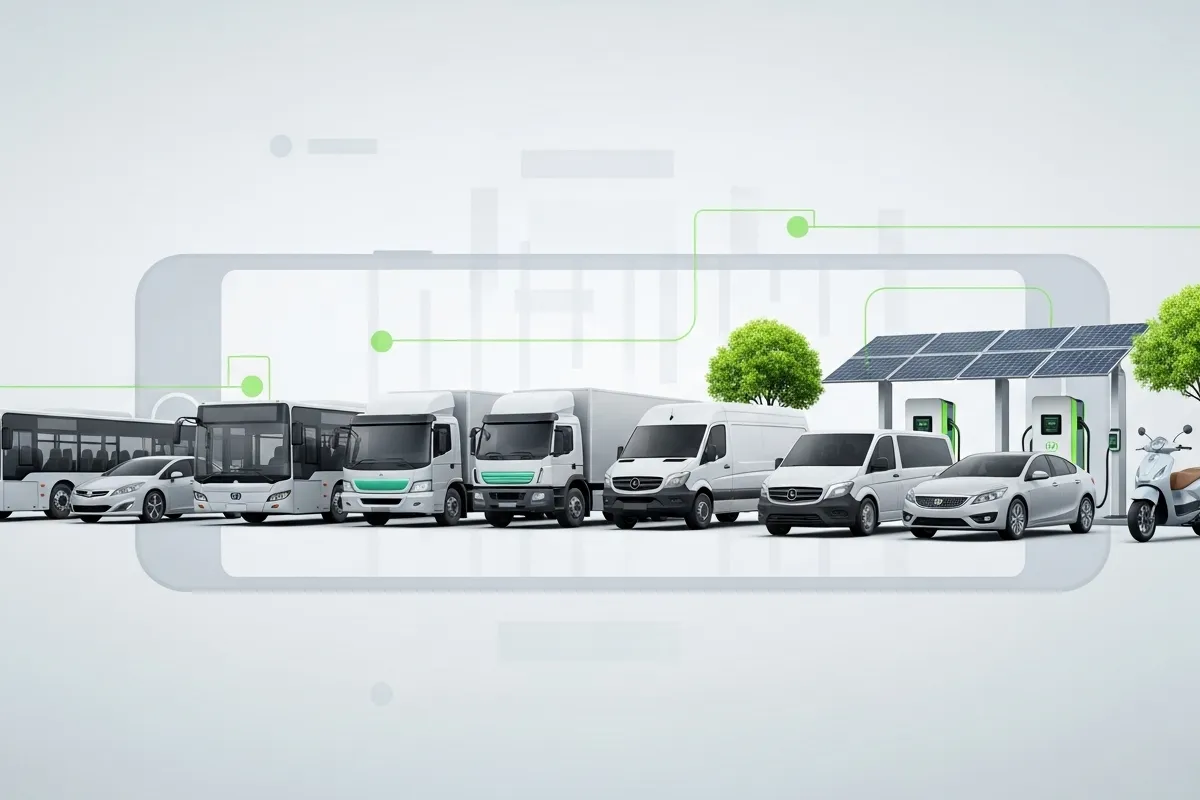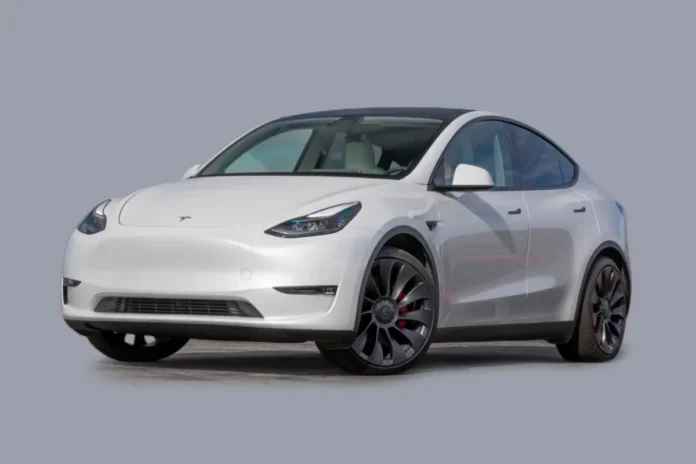In a pivotal development for the electric vehicle (EV) and hybrid car market, the U.S. Senate’s version of the 2025 budget bill has excluded proposed registration fees on these vehicles, setting it apart from the House’s earlier proposal. The House-passed bill sought to impose a $250 fee on every EV and a $100 fee on every hybrid upon registration to bolster the Highway Trust Fund, which finances critical road and bridge repairs across the United States. This decision, led by Senate Finance Committee Chair Sen. Mike Crapo (R-Idaho), has sparked both relief among EV advocates and debate over sustainable infrastructure funding.
The Highway Trust Fund’s Financial Strain
The Highway Trust Fund has long been the backbone of U.S. infrastructure maintenance, primarily funded through federal gas and diesel taxes. However, the rise in fuel-efficient and electric vehicles has significantly reduced this revenue stream. According to the U.S. Department of Transportation, gas tax revenue has declined steadily over the past decade, prompting lawmakers to seek alternative funding mechanisms. The House’s proposed fees on EVs and hybrids were designed to ensure that all road users contribute to infrastructure costs, addressing concerns raised by groups like the American Trucking Associations, who noted that “electric cars are freeloaders” in terms of Highway Trust Fund contributions .
The Senate’s decision to exclude these fees reflects a different perspective, prioritizing the growth of the EV market over immediate revenue generation. Senior lawmakers have indicated that the final reconciled budget bill, due by July 4, 2025, is unlikely to include these fees, suggesting that the Senate’s stance may prevail in negotiations.

Implications for Electric Mobility
The exclusion of EV and hybrid fees is a significant boost for the electric mobility sector, particularly as adoption rates soar. The International Energy Agency reported that global EV sales reached 14 million units in 2024, a 35% increase from 2023, with the U.S. market share growing from 5.8% to 9.2% over the same period. The federal government’s goal of achieving 50% zero-emission vehicle sales by 2030 relies heavily on policies that make EVs accessible and affordable. Additional fees could have dampened consumer enthusiasm, potentially slowing progress toward these targets.
Industry leaders have welcomed the Senate’s decision. John Doe, CEO of a prominent EV manufacturer, stated, “We are relieved that the Senate has chosen not to impose additional fees on electric vehicles. Such measures could have hindered our efforts to make EVs more accessible to the average consumer.” Conversely, traditional automotive stakeholders have expressed concerns about fairness. Jane Smith, spokesperson for the American Petroleum Institute, remarked, “While we support the transition to electric vehicles, it’s crucial to maintain a balanced approach to funding infrastructure. As EV adoption grows, all road users must contribute fairly.”
Senate’s Broader Budget Priorities
Beyond the EV fee exclusion, the Senate’s budget bill includes several provisions that could impact transportation and environmental policy:
- Environmental Reviews: The Environment and Public Works (EPW) panel has proposed an opt-in fee system at the Council on Environmental Quality to expedite environmental reviews, potentially streamlining infrastructure project approvals .
- Emissions Standards: Efforts are underway to reverse Biden-era emissions standards aimed at promoting EV adoption, indicating a complex approach to environmental policy.
- Commerce Committee Adjustments: The Senate has reduced funding for severe weather-resilient projects while increasing allocations for air traffic control communications and infrastructure, reflecting a shift in priorities.
These measures highlight the Senate’s attempt to balance economic, environmental, and infrastructural goals within the budget framework.
Shared Provisions and Points of Contention
Despite their differences, the House and Senate versions of the budget bill share several common goals, including:
- Extending tax cuts from the 2017 Trump administration.
- Enhancing border security and military readiness.
- Supporting domestic energy initiatives and supply chain connectivity.
However, the bill has faced significant criticism, particularly from Democrats. Sen. Ron Wyden (D-Ore.) has argued that the legislation disproportionately benefits wealthy corporations through additional tax breaks while cutting Medicaid, rural hospital funding, and clean energy jobs. This critique underscores the broader debate over fiscal priorities, with implications for both social welfare and environmental sustainability.

The Legislative Path Forward
The budget bill is advancing through the reconciliation process, which requires only simple majorities in both chambers and is set to conclude by July 4, 2025. This streamlined process allows lawmakers to bypass potential filibusters, increasing the likelihood of passage. However, the final version will depend on negotiations between the House and Senate, with the EV and hybrid fee exclusion remaining a key point of contention.
Alternative Funding Solutions
The debate over EV fees highlights the need for a sustainable funding model for the Highway Trust Fund. As gas tax revenue continues to decline, experts have proposed several alternatives:
- Vehicle Miles Traveled (VMT) Tax: A tax based on the distance driven, regardless of vehicle type, could provide a more equitable and sustainable revenue stream.
- Increased Federal Funding: Allocating general fund revenues to the Highway Trust Fund could bridge the gap, though this approach faces political challenges.
- Public-Private Partnerships: Collaborations with private entities could fund specific infrastructure projects, reducing reliance on federal taxes.
These solutions require careful consideration to balance fairness, efficiency, and environmental goals.
Table: Comparison of House and Senate Budget Bill Provisions
| Provision | House Version | Senate Version |
|---|---|---|
| EV Registration Fee | $250 | Excluded |
| Hybrid Registration Fee | $100 | Excluded |
| Highway Trust Fund Contribution | Yes | No |
| Environmental Review Fee System | Not mentioned | Proposed opt-in system |
| Emissions Standards | Not mentioned | Seeking to undo Biden-era standards |
| Tax Cuts Extension | Yes | Yes |
| Border Security | Yes | Yes |
| Military Readiness | Yes | Yes |
| Domestic Energy | Yes | Yes |
| Supply Chain Connectivity | Yes | Yes |
Conclusion
The Senate’s decision to exclude fees on EVs and hybrids in the 2025 budget bill is a critical moment for the electric mobility sector. While the House sought to address the Highway Trust Fund’s funding gap through registration fees, the Senate’s approach prioritizes EV market growth. As reconciliation negotiations proceed, the final bill will shape the future of transportation funding and the pace of the transition to sustainable mobility. The broader debate over infrastructure funding and environmental policy remains unresolved, with stakeholders advocating for innovative solutions to ensure a fair and sustainable future for all road users.




